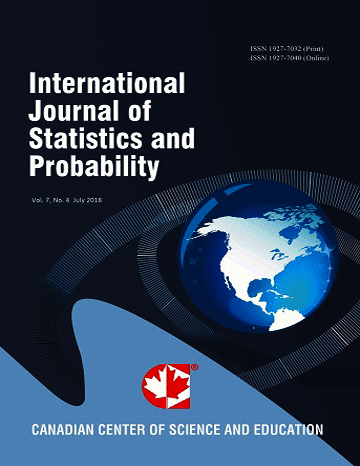Identification of Biomarkers for Predicting the Overall Survival of Ovarian Cancer Patients: a Sparse Group Lasso Approach
- Kristi Mai
- Qingyang Zhang
Abstract
Next-generation sequencing has been routinely applied to cancer biology, making it possible for researchers to elucidate the molecular mechanisms underlying cancer initiation and progression. However, how to identify oncomarkers from massive complex genomic data poses a great challenge for both modeling and computing. In this paper, we propose a novel computational pipeline to identify genes related to the overall survival of ovarian cancer patients from the rich Cancer Genome Atlas data. Different from the existing studies, we incorporate dependence structure among genes and pathway information into the variable selection. Firstly, the dimensionality of the ovarian cancer data is reduced by a novel stepwise feature screening which mimics the hierarchy of the underlying causal network. The second step of the pipeline is to divide genes into clusters with distinct cellular functions by k-means, x-means and PAMSAM learning algorithms. In the final step, we fit a cox proportional hazard model with a sparse group lasso penalty for further variable selection. Of the 115 genes in the final list, many were reported to be associated with cancer initiation or progression in the literature. In addition, we find several gene families including the NEK family and RNF family, which are closely associated with the survival of ovarian cancer patients.
 PDF
PDF
